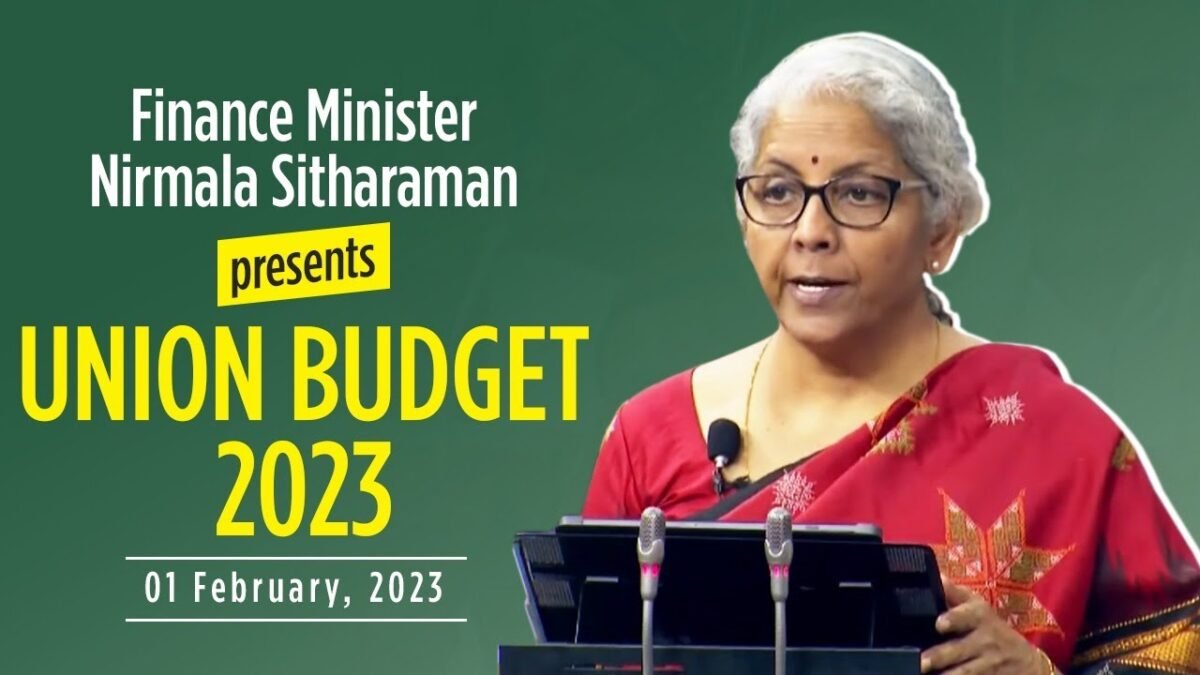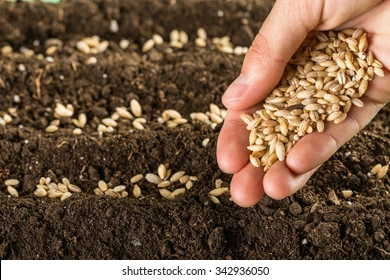IISER Bhopal researchers sequence the draft genome of four Indian cow breeds
Study will help in improving the breeding and management of native cows leading to increased productivity and sustainability in the Indian cattle industry
Indian Institute of Science Education and Research Bhopal researchers successfully unraveled the genetic makeup of four native Indian cow breeds – Kasargod Dwarf, Kasargod Kapila, Vechur, and Ongole. This is the first time that the genome has been sequenced for these Indian cows.
The details of the genome sequencing study have been published in the preprint server bioRXiv, in a paper co-authored by Vineet K. Sharma and his research scholars Abhisek Chakraborty, Manohar S Bisht, Rituja Saxena, Shruti Mahajan, and Joby Pulikkan.
The genome is like a blueprint or a set of instructions for building and running an organism, like a plant or animal. It is made up of tiny units called genes, which contain the information needed for the organism to grow, develop, and function properly. Just like how a blueprint for a building contains information about how to build it, the genome contains all the information an organism needs to live and survive. By understanding the genome, scientists can learn important information about the organism, like how it might be related to certain diseases or traits.
Native Indian cows have special abilities that help them survive in tough conditions in India, such as being able to eat poor-quality food and being resistant to certain diseases. Previous studies have looked at certain traits of Indian cows, like how well they can handle hot weather, their size, and their milk type. But, because the complete genome of these unique Indian cow breeds was not known, it was difficult to understand the reasons why they have certain traits.
IISER Bhopal researchers used high-throughput sequencing techniques to read and understand the genome of four native Indian cow breeds. By doing this, the key aim is to get clues on how these cows are adapted to the Indian climatic conditions.
Speaking about the research, Vineet K. Sharma, Associate Professor, Department of Biological Sciences, IISER Bhopal, said, “We have identified a specific set of genes in the native Indian cow breeds that showed sequence and structural variation compared to the genes of the Western cattle species. This may provide valuable insights into how Indian breeds adapt to tropical conditions.” Kasaragod Dwarf Conservation Society helped in sample collection from the Kapila Gaushala in Kerala.
The genome structure can be used to improve the breeding and management of these cows, leading to increased productivity and sustainability in the Indian cattle industry. Sequencing the genome of these native Indian cow breeds can also help in understanding the genetic differences between them and other breeds, which will be a valuable resource for future studies and genetic improvement.
Further, Vineet Sharma, added, “Genome sequencing can help to preserve the genetic diversity of these native breeds, which is important for maintaining a healthy and resilient herd.”
Another remarkable achievement of this study is the draft genome assembly of the world’s smallest cow breed, Vechur. The researchers also identified the genes that showed sequence variation within dwarf and non-dwarf Bos indicus cattle breeds.
Study will help in improving the breeding













